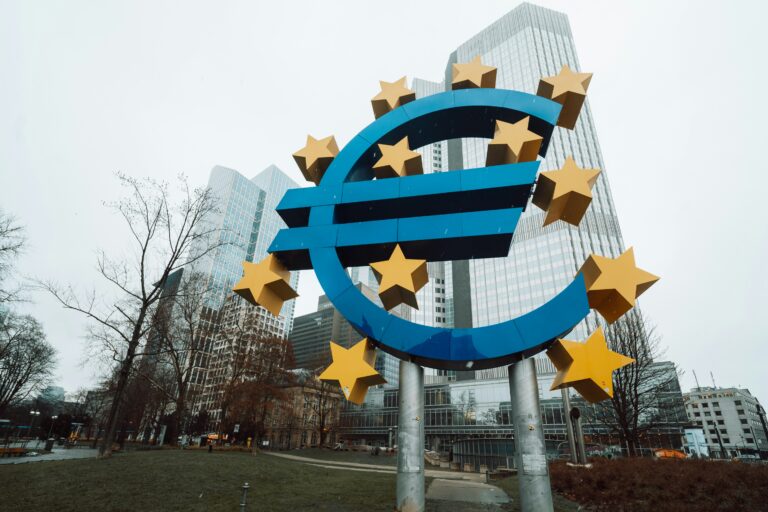Eurozone annual inflation climbed to 2.2% in September, the highest in five months, Eurostat reported.
Core inflation remained stable at 2.3%, showing persistent underlying price pressures despite headline increases.
Services drove inflation higher with a 3.2% annual rise, while food, alcohol, and tobacco grew 3.0%.
Energy prices fell 0.4%, a slower decline than August, and non-energy industrial goods held at 0.8%.
Estonia recorded the highest inflation at 5.2%, while Cyprus saw no annual change and France rose 1.1%.
Italy and Portugal posted notable monthly gains of 1.3% and 1.0%, highlighting localized price acceleration.
ECB Maintains Rates Amid Inflation Data
The ECB kept its deposit facility at 2.00% in September, following steady core inflation trends.
President Christine Lagarde said the bank sees no urgent need to adjust monetary policy.
Oxford Economics’ Riccardo Marcelli Fabiani noted inflation should decline thanks to subdued wage growth and low energy prices.
Markets expect the ECB to maintain rates at its October 30 meeting, viewing September inflation as temporary.
The bank projects inflation averaging 2.1% in 2025, falling to 1.7% in 2026, then rising to 1.9% in 2027.
Core inflation is forecast to gradually decline over the same period, supporting a cautious policy approach.
Markets React to US Shutdown Concerns
The euro rose to 1.1750 against the dollar after a selloff in the greenback amid US government shutdown fears.
The shutdown may furlough hundreds of thousands and delay economic reports, including Friday’s nonfarm payrolls.
European equities showed mixed performance: EURO STOXX 50, DAX, and CAC 40 rose 0.3%, while Italy’s FTSE MIB fell 0.1%.
The EURO STOXX 600 gained 0.5%, led by Sartorius with a 9% surge, followed by Sanofi and Novo Nordisk.
Defence stocks declined, with Rheinmetall down 2.3%, Leonardo falling 2%, and Thales losing 1.4%.
Investors weighed global risks against regional inflation trends in shaping market sentiment.

